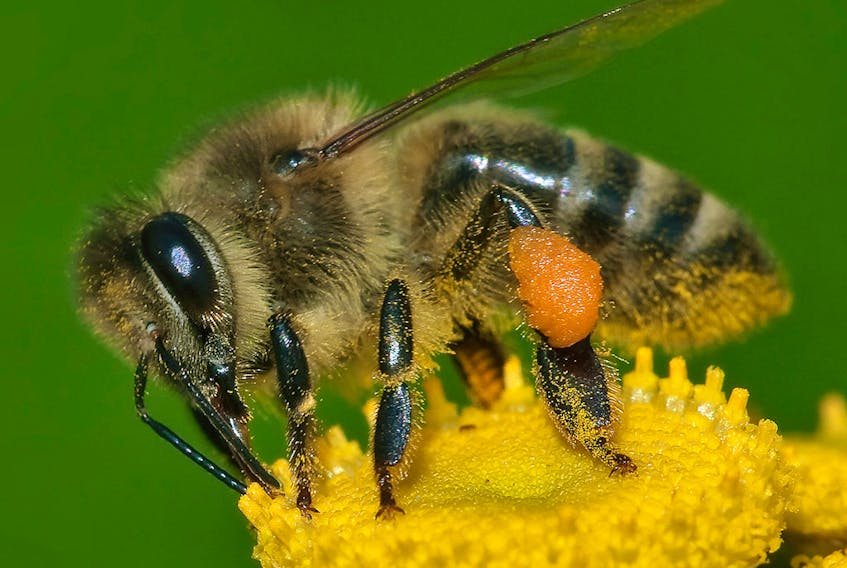BY SALLY BERNARD
GUEST OPINION
'Tis the season on P.E.I., of hand wringing and questioning and general unrest when it comes to considerations of the agricultural variety. There is much displeasure at the perceived, if not accurate, deforestation and ecological damage happening at the hands of what has come to be accepted as corporate farming operations or those operations under the ‘guidance’ of corporate entities.
And while there are bright lights, like the expansion of crop diversity on the Island, and the increased number of farmers planting winter cover crops, the general public is for the most part concerned about the long-term vision for agriculture on P.E.I.
P.E.I. is unlike any other province in Canada for several reasons, but most notably, our size and island-ness. Our physical border of water sets us, literally, apart from the rest of the country and while those export-minded among us see that as an added challenge, there are some who see it as a potential advantage.
Allow me to present for a moment, a potential advantage our island-ness could offer us on the agricultural front, in the future, should we choose such a route. Genetically modified alfalfa, and soon-to-be clover are unique GMOs because of their requirement of pollination via insect pollinators.
Previous GM crops (like soybeans) are either self-pollinating or not pollinated at all. So a rowdy dissent from a large and varied group of farmers and stakeholders arose when the first GM alfalfa seed was being introduced in Canada in 2016 and the threat of cross-pollination to non-GM alfalfa (wild or otherwise) meant a threat to many farming livelihoods.
For the Western provinces, Asia and Europe are significant markets for non-GM alfalfa; so much so that the seed company has committed to not selling the seed in Western Canada in order to try to protect those valuable export markets.
However, it’s doubtful that the bees were consulted, and surely are not checking their pollen sacks for the modified genes before spreading their wares from flower to flower. It seems inevitable that the lovely idea of a border impenetrable by pollinators for GM crops is likely to be just that; a lovely idea. Unless there was a physical barrier, like water. Perhaps a Strait would do it.
What a beautiful long-term vision it would be to imagine P.E.I., covered in high-value legume crops, having been the only province with enough foresight and capability to implement a moratorium that actually works.
A province still able to export, still a home for both larger and small scale farms but with a soil that is not only sustaining, but thriving, building and improving; a foundation not only for agriculture but for all people of all cultures.
- Sally Bernard of Freetown is the agriculture critic for the Green Party of P.E.I.









